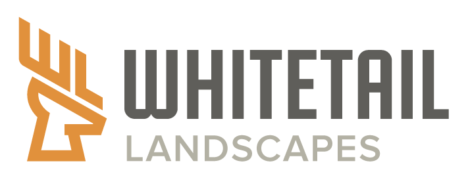
Property owners or lessees should always start with maps. Looking at your neighbor’s proprieties and talking to them about what they are doing really puts you ahead of the game compared to others that keep to themselves. Even if what you learn from your neighbors is biased or without truth. Over time, facts start to unravel, and it provides perspective and insight into what others are doing.
Feeling a bit out of sorts with neighbors can certainly be a setback. But sometimes any data is good data. It at least helps a property manager assess what is important or working against his or her objectives. Stepping back and learning what others are doing wrong, requires the property manager to be much savvier than his or her competition. Regardless if we want to classify this term as correct, there is “competition” amongst friends, neighbors and others, particularly when each has set a goal to kill a particular deer or has identified what he or she is doing that could upset your property improvements or other goals. Stepping back to accept and realize that the biggest obstacle, and fear, of property managers is we can only control what happens on our own property or lease. That point alone should be a major motivator, because beyond your own property most everything else is essentially unclear.
Thinking strategically in one instance is knowing where others are hunting. Understanding how the competition (other hunters) are approaching their treestand or ground blind. Knowing when and why they are hunting the areas they are and how their choices have the potential to impact your property is important. Reflecting on that point and assessing what you are doing to improve or harm your property from the same vantage point will put you far beyond your competition. It is certainly more complicated than this point alone but thinking about yourself and the strategy you employ will be a game changer to advancing as a hunter.
As a property manager it is critical that realizing that every step matters when entering the “Deer Woods.” One poorly made decision can be damaging to a successful hunt or even the future of your property. An example of a poor decision like checking trail cameras during hunting season where any pressure can push a deer to your neighbors is an example of a unplanned, random or just plain bad move, which could result in a future world-class whitetail being killed by a person other than yourself. Of course, we cannot know everything consequence of our decisions, we should understand that when we enter the Deer Woods we are in a different world. The entrance into this world has the probability to create an interaction that could result in a negative consequence. Another example to poor strategic planning is placing a food plot in the wrong place or cutting trees with a goal of having better deer habitat in a certain area. Just because you plant it or cut it does not mean that the result will be in line with your goals. Most decisions from the uniformed eye will result in some misstep, it is no different than having a dentist perform plastic surgery on your hand. The bottom line is professional advice or working with others to develop a plan is by far a better idea that being completely myopic. Those that you can communicate with that can provide a tactical and calculated move toward your aims of meeting interest will fair far better than going at it alone.
Winning at deer hunting is a term I do not intend mean is all about killing. Its more about thinking about the strategy of the hunt and seeing things coming together in a way that creates satisfaction. It is as simple as deer traveling down a trail that you cut, or a buck hitting a scrape you emplaced. Of course, that does not mean more satisfaction is gained when a deer ends up 20 yards from your favorite treestand and you are able to propel an arrow downrange, resulting in a kill within sight. Finding out how to win and feeling content is what deer hunting is all about. Finding a win theme in any of the prospective strategic hunting schemes will ultimately be something that creates a positive, pushing the fun factor up, and increasing overall enjoyment.
